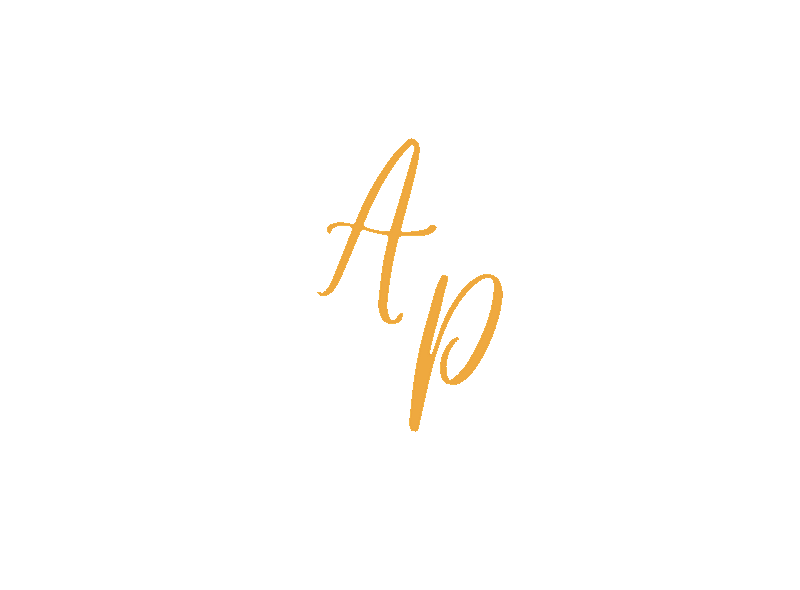Covid-19 upends job search for the class of 2021
The oldest of Gen-Z were to enter the gates of the best job market in 50 years.
The Class of 2020 was made up of the disillusioned, lazy and entitled kids. Still they worked hard. They built visions and projects to change the World, only to be remembered as the Class of COVID-19. Now it’s time for the Class of 2021. Will their fate match their predecessors’ or will the job market take it easy on them?
The foundations
Graduating in the country with the best economy in the World. This was the luck of students all over the United States graduating in 2020.
This was the luck of Keara Rigg, a 22-year-old girl who graduated from Illinois Institute of Technology in May 2020. Keara got a Bachelor of Science in Chemistry. She planned to take a MCTA test and shadow a doctor at a local hospital for the summer following her graduation.
This was the luck of Ahmer Rizwan, a 23-year-old Mechanical Engineering major at Illinois Institute of Technology. He graduated in May 2020. "I wanted to get a job and not go to grad school straight away,” says Ahmer “I had an internship in spring, from January to May 2020. The company was going to hire me.” The future looked bright for these students with a high quality education and experience in their fields of choice. But then a pandemic happened.
Crushed expectations
When the pandemic hit the country, the unemployment rate rose higher in three COVID-19 months than it did in two years of Great Recession. It reached an all-time high of 14.7 percent in April 2020, affecting young people the most. These two points seem to draw the two recessions close.
However “The two recessions are very different.” stated in an email Giorgio Primiceri, Professor of Economics at Northwestern University in Chicago “The Great Recession was large, but overall relatively ‘conventional’...Covid, instead, caused a much more abrupt halt in economic activity. This recession has been much more violent...although the recovery has also been faster, at least so far.”
Young people were among the most affected by the Covid recession, but the unemployment rates were lower among those with higher levels of education. Young students with a Bachelor’s degree are in fact the only group without a double digits percentage of unemployed, standing at 7.2 percent.
“My boss told me they had 652 applications for the position,” said Ahmer Rizwan, a Mechanical Engineering major at IIT “but in the end I got it because I had a ton of experience related to the role.”
Getting in shape or sinking in?
The Class of 2021 saw it coming. They had more time to prepare.
Yet the task does not look easier for them. More than 1.3 million students graduated from 2 or 4 year colleges in 2020, and the projections for 2021 are that this number will increase by almost 20 percent.
“My plans were to get a job,” said Jack Pio, a Computer Engineering student at IIT who will graduate in May. “Last summer I did have an internship, but it was cancelled. Now I don’t have a job offer coming out of the summer.”
However, sinking in is not an option.
Students like Jack are still looking for a job that pays them justice. They are not going to graduate school only to take shelter from the present time.
Students like Austin Worley, a senior Aerospace Engineering major at IIT, managed to get internships over the summer. They are focusing on their exams right now, looking forward to graduating in May.
Getting in shape for the current job market requires time, hard-work and passion, but the Class of 2021 got them all.
A new era
This recession has hit students in different ways.
“The service-producing sectors are suffering much more than good-producing sectors,” says Professor Giorgio Primiceri. “Consumption of goods has declined sharply in the first few months, but has recovered equally fast. Consumption of services, instead, is still 10% lower relative to February.”
“The Tech industry has been growing because companies are shifting to the virtual more than ever. Medicine and psychology are also important right now,” Tiara De Guzman, a counselor at Illinois Institute of Technology’s Career Center, said via email “However, creative industries (architecture, design) and non-profit organizations have been shutting down.”
Despite the strength of the Class of 2021, students are aware that the market is thornier than ever and they are getting advice from experts.
“The biggest advice I have for this particular job search is to be adaptable,” said De Guzman “Many companies are doing virtual positions for a while and then expecting employees to relocate. Some have hiring freezes so it will take them longer to process applications. Be open and flexible.”
The Covid recession could be start of a new era. An uncertain, scary and competitive era. Hopefully the oldest of Gen-Z are as stubborn as this society wants us to believe.
